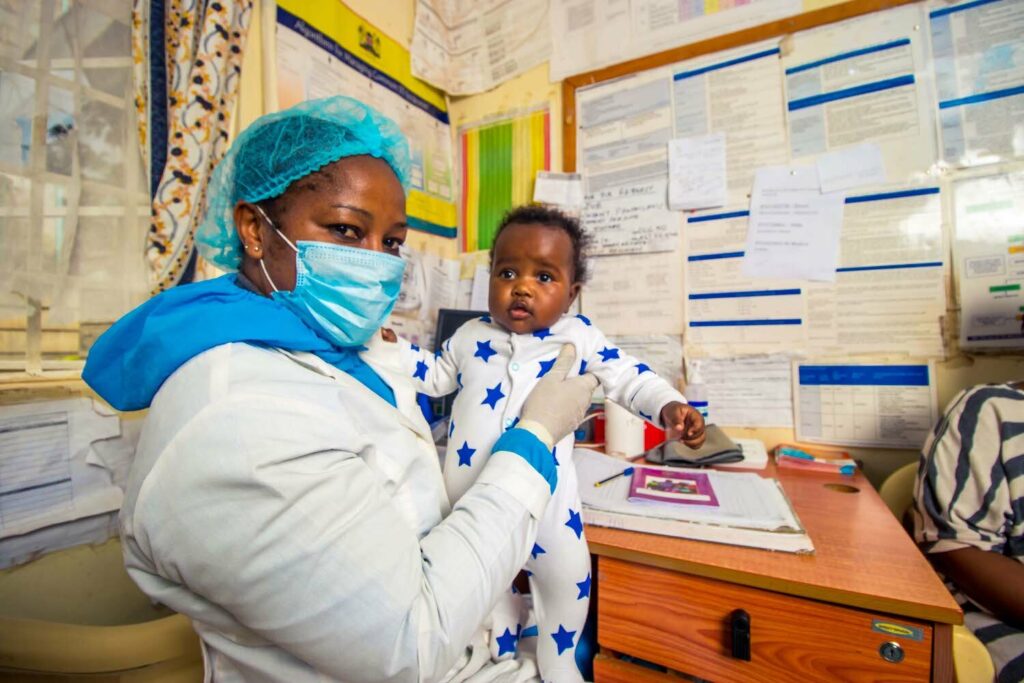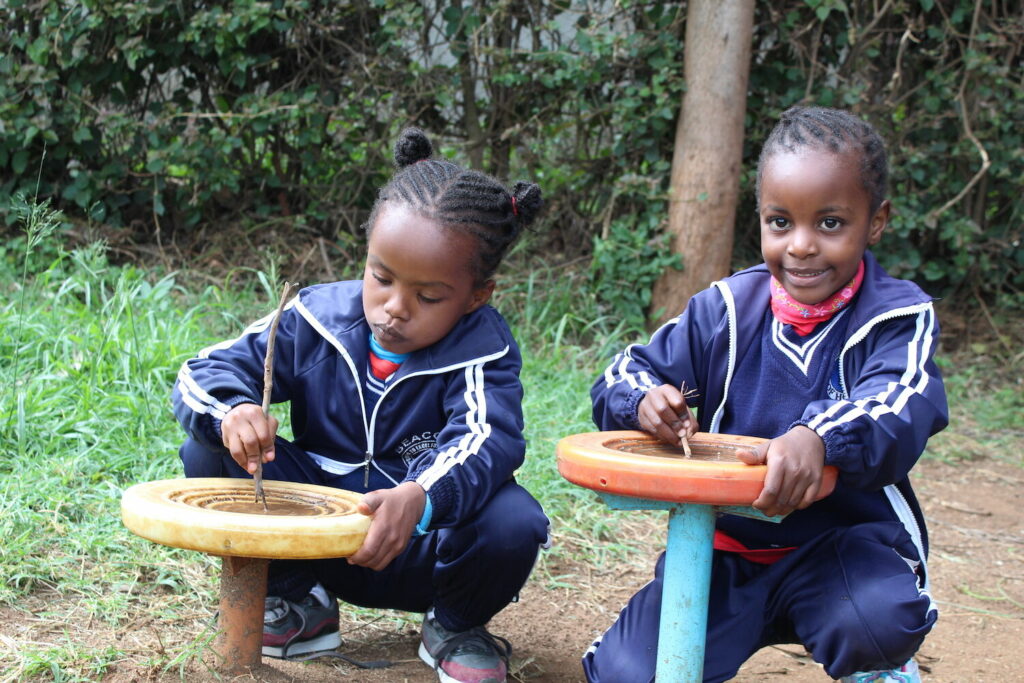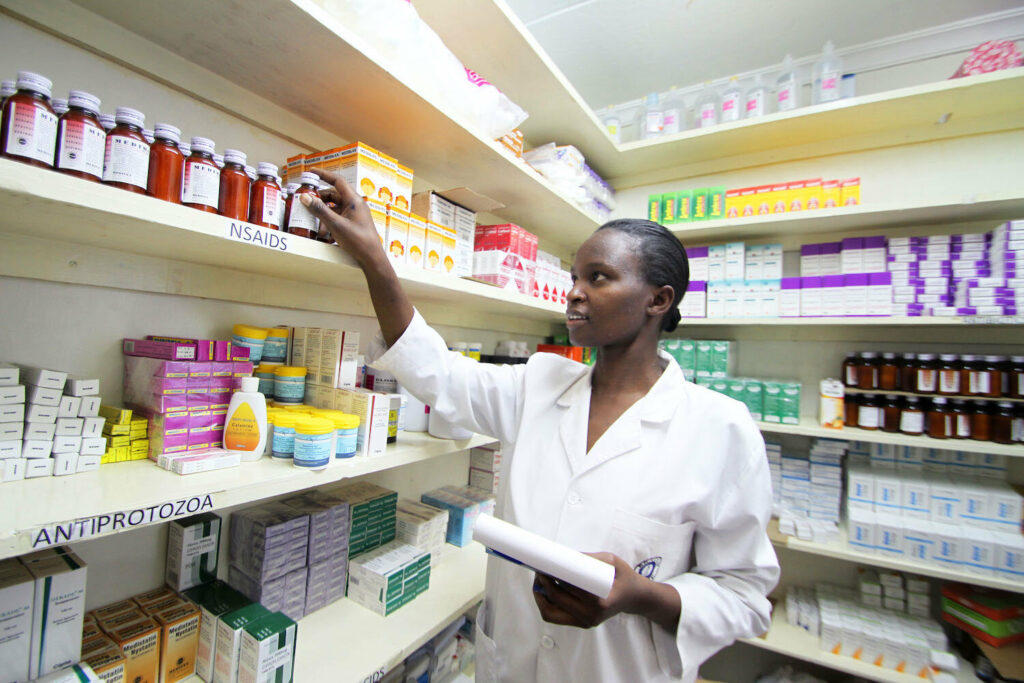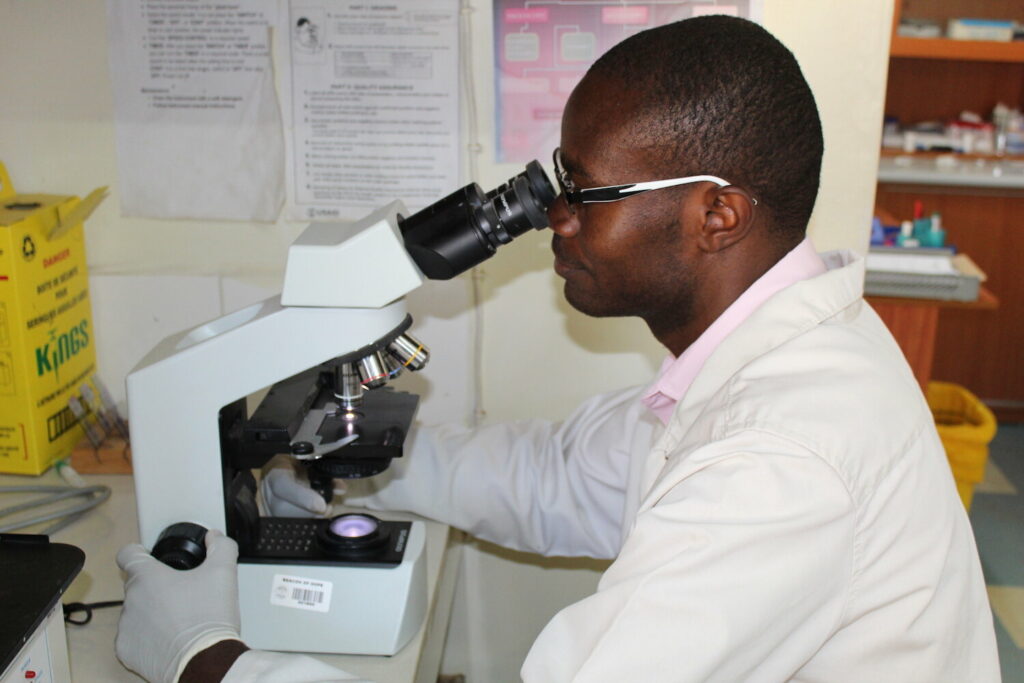Beacon of Hope
Expanding access to adolescent health services, food and nutrition, and WASH in western Kenya.
Beacon of Hope + Blood:Water Partnership
Through the Boresha Afya Ya Ujana (BAYU) project in Kajiado with Blood:Water, Beacon of Hope (“BOH”) is expanding access to adolescent health services, food and nutrition, and WASH. They also will be equipping 200 adolescents and young people living with HIV/AIDS and their households with opportunities for better livelihoods.
These initiatives will:
- Improve availability of HIV testing and counseling, and links to care for 2,400 adolescent and young people
- Provide palliative care and support to 200 adolescents and youths living with HIV/AIDS through medical care, psychosocial support, food/nutrition education and access, and economic methods
- Improve access to safe and adequate WASH solutions for 3,000 adolescents and young people, including COVID-19 prevention and gender equality measures that will benefit the whole community
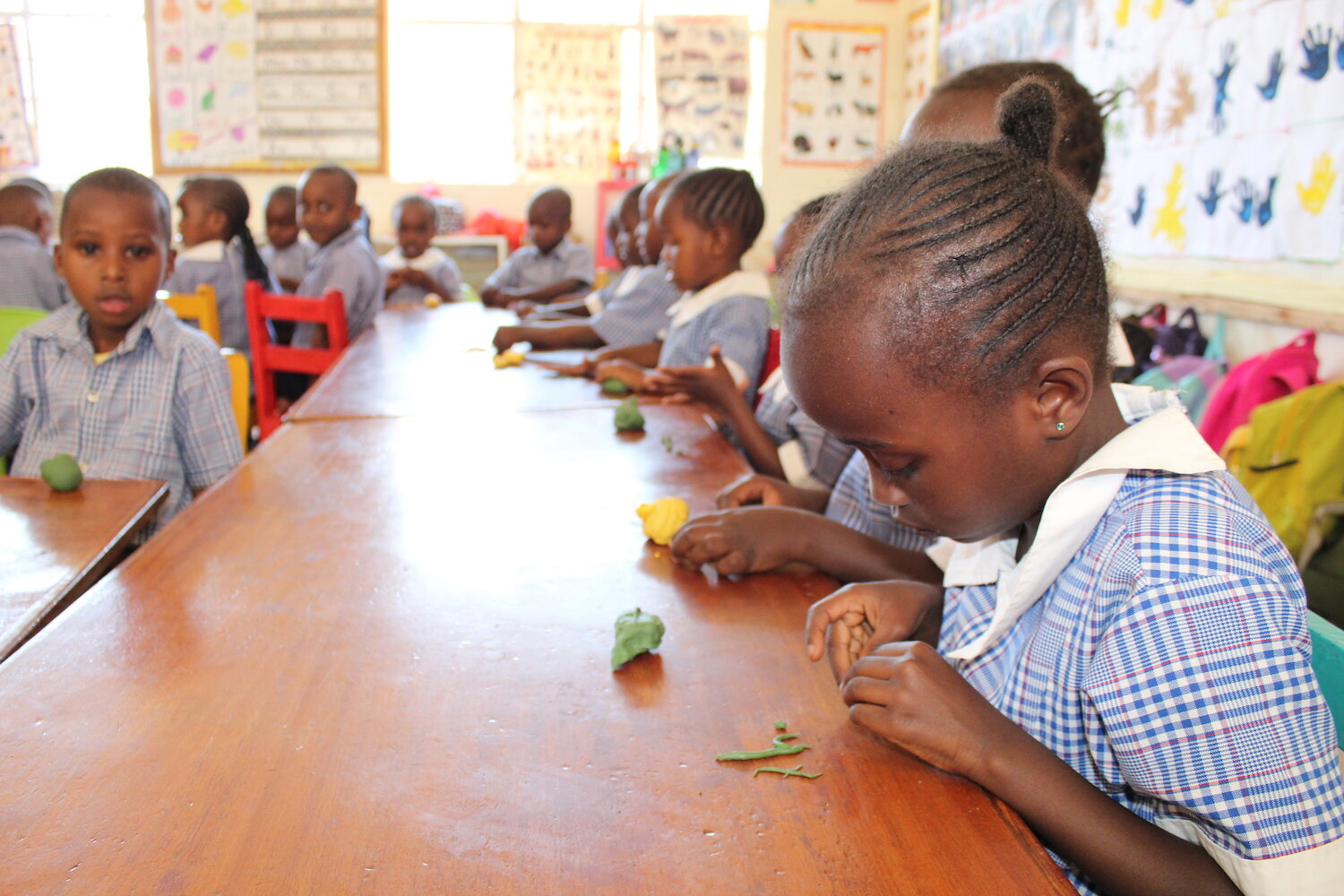
Health Context
Approximately 29% of all new HIV cases in Kenya are among youth, with the highest proportion being young women aged 15-24. Even with improvements in recent years, HIV testing of adolescents in Kenya is far below the World Health Organization’s target, and this group is also the least likely to enroll in and receive HIV care after a positive diagnosis in the whole region. An estimated 5,000 youth aged 13-24 are living with HIV in Kajiado county, but the government estimates that nearly half have never been tested for HIV and lack comprehensive knowledge of HIV, ART (antiretroviral therapy), and suppression of the virus.
Partner History
Beacon of Hope is a Kenyan-based non-governmental organization founded in 2002 in response to the plight of poor and vulnerable communities experiencing the devastating impact of HIV/AIDS, particularly women. Serving Kajiado, Nairobi, Machakos, Meru, Mombasa and Laikipia counties, their mission is to bring hope and catalyze sustainable transformation by uplifting the spiritual, physical, economic, and social well-being of vulnerable individuals, families and communities. BOH works with county and national governments, community-based organizations, health providers, and hospitals to generate the greatest impact possible through HIV response strategies and behavioral, biomedical, and structured interventions.
The BOH Health Centre’s aim is to restore the dignity of vulnerable HIV-positive individuals through a continual HIV care program, so they can live long healthy lives and prevent further spread of the virus. Water, sanitation, and hygiene (WASH) activities work with efforts in the community to track and provide households with access to sanitation facilities and clean water storage and treatment. Their holistic program for prevention of mother-to-child transmission (PMTCT) from HIV-positive mothers to their children has a 98% success rate. In addition, their 47 HIV support groups have become integral to their communities’ coping with the health, economic, and social challenges faced by persons living with HIV/AIDS.
Learn more at beaconafrica.org.
Partnership Timeline: First grant cycle (partnership started 2021)
Kenya Profile
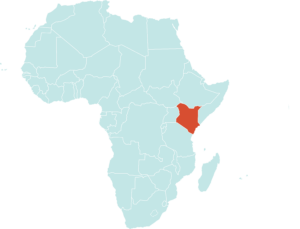 Background: Following 70 years of British colonization, Africans began to protest Great Britain's rule over Kenya. In 1952, after years of unrest and rebellion, Governor Sir Everlyn Baring declared a state of emergency for the country, eventually forcing the colonial government to allow for African representation in the Legislative Council. Eight African leaders were elected, leading to the formation of the Kenya African National Union (KANU). KANU attained 83 of the 124 seats in the House of Representatives in 1963, and gained full independence later that year under Mzee Jomo Kenyatta.
Background: Following 70 years of British colonization, Africans began to protest Great Britain's rule over Kenya. In 1952, after years of unrest and rebellion, Governor Sir Everlyn Baring declared a state of emergency for the country, eventually forcing the colonial government to allow for African representation in the Legislative Council. Eight African leaders were elected, leading to the formation of the Kenya African National Union (KANU). KANU attained 83 of the 124 seats in the House of Representatives in 1963, and gained full independence later that year under Mzee Jomo Kenyatta.
In August 2010, Kenyans overwhelmingly adopted a new constitution in a national referendum. The new constitution introduced additional checks and balances to executive power and devolved power and resources to 47 newly created counties.
Country Population: 56 million people
National Languages: Kiswahili (official), English (official)
Sources: Kenya Embassy Washington, DC | CIA Factbook (2022)
